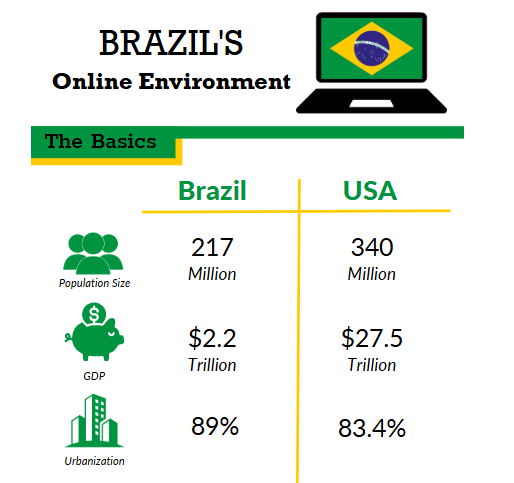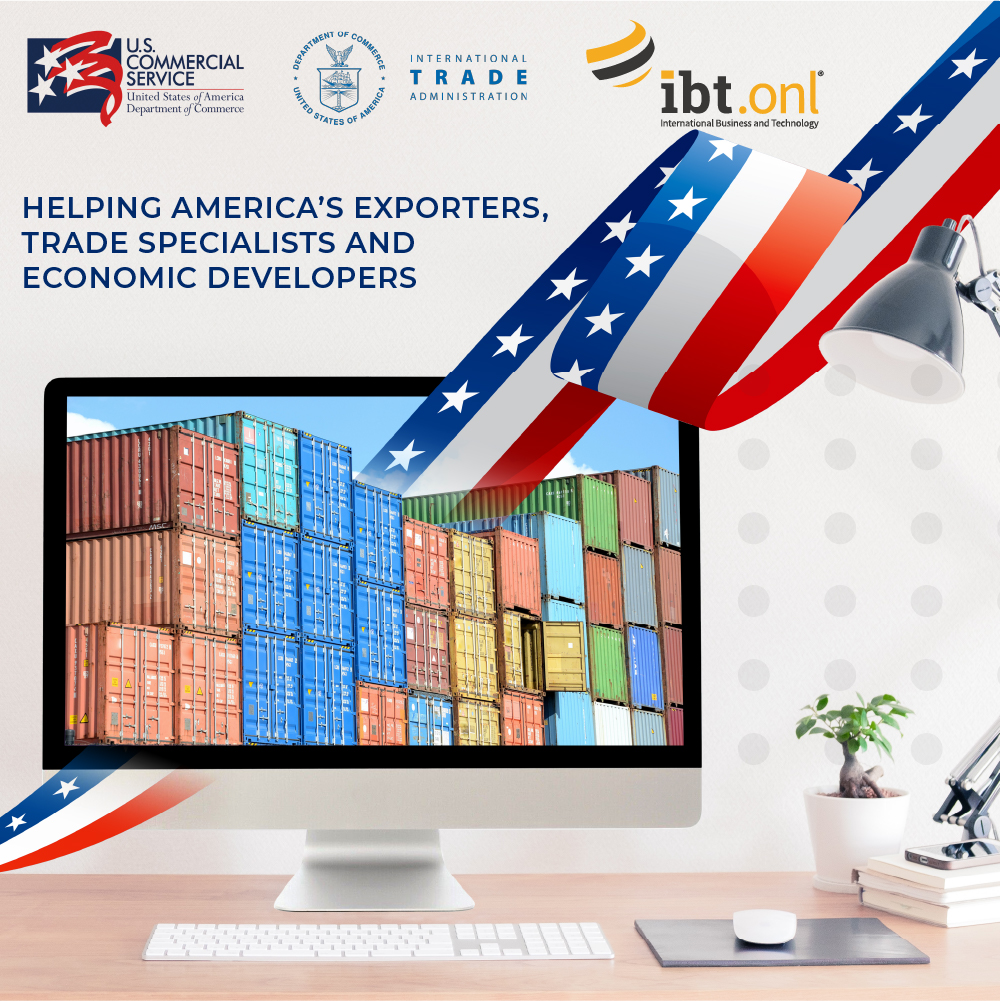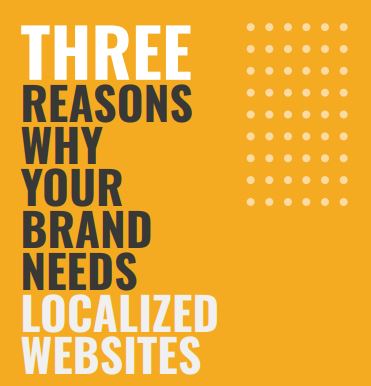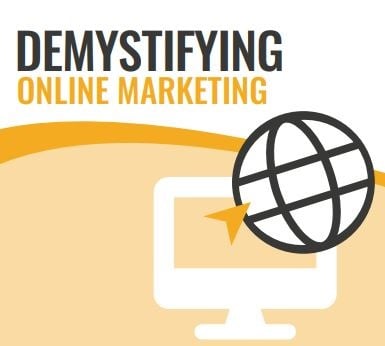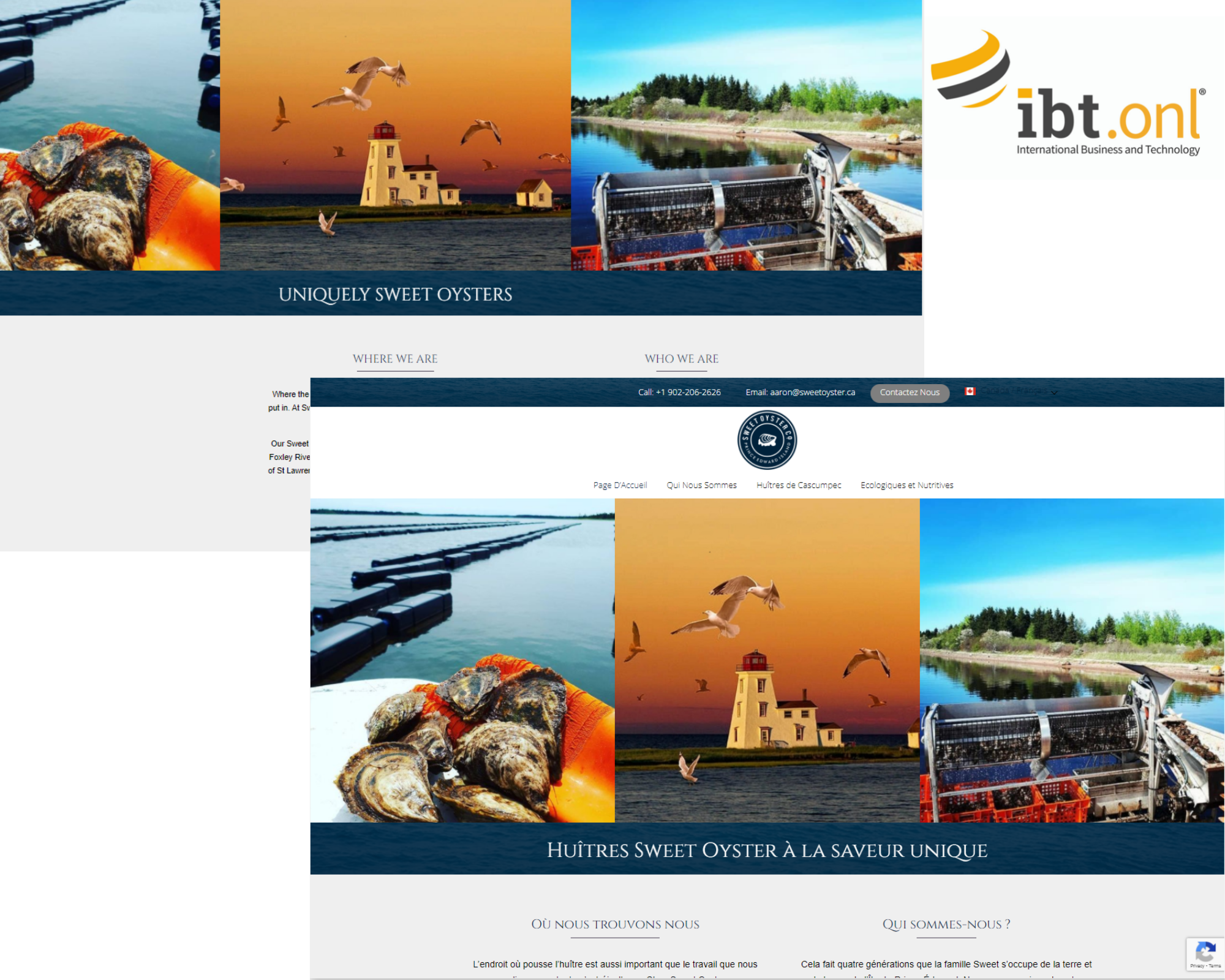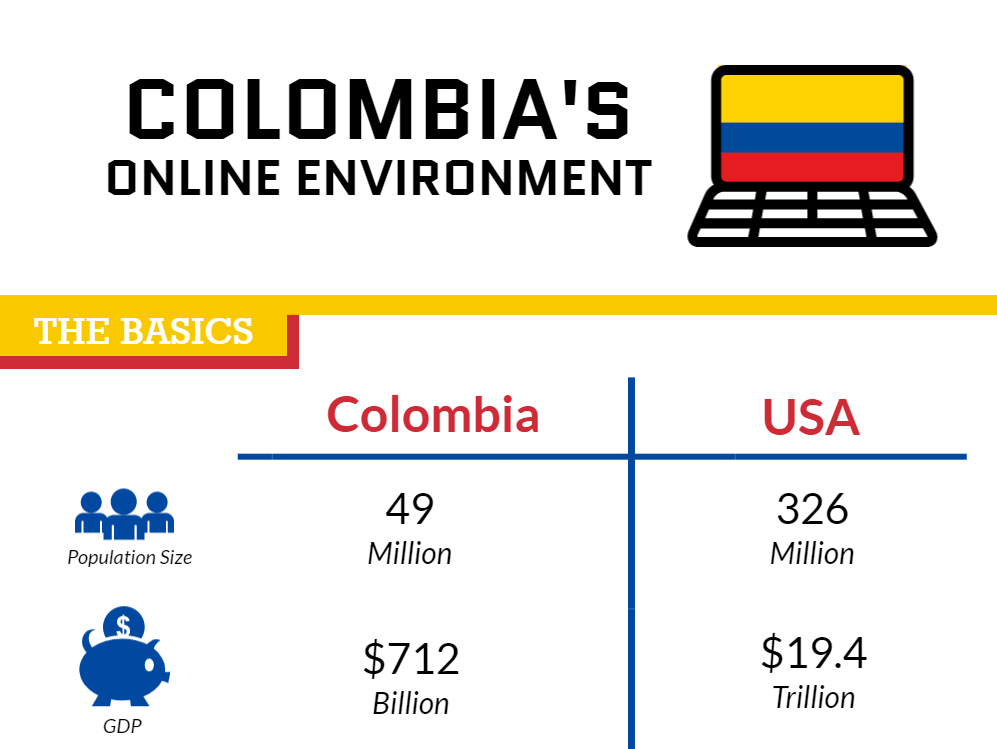Brazil, the largest economy in South America, presents significant opportunities for U.S. exporters. With a population exceeding 212 million and a rapidly growing digital landscape, Brazil offers a vast market for businesses aiming to expand their global footprint.
Boasting 188 million internet users and a 7% increase in ecommerce growth for 2024, the digital landscape in Brazil is thriving. Mobile usage leads the way, with 96% of users accessing the internet on their phones and 40% making purchases from international platforms. Our infographic provides key insights into these trends, helping businesses navigate and capitalize on Brazil’s dynamic online market.
Read More
